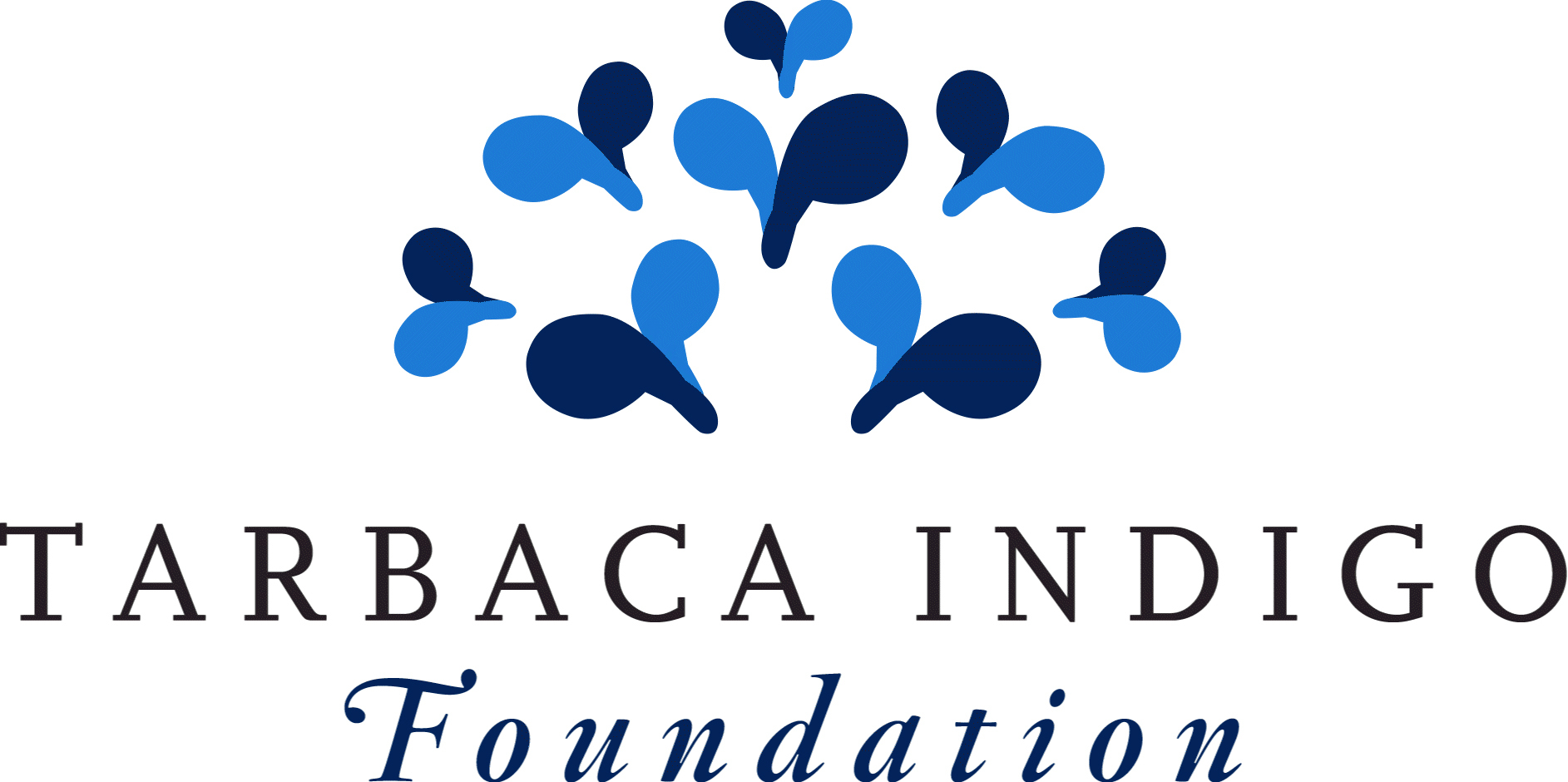Reforestation with World Vision in India and Tanzania
World Vision is an international development and advocacy organization dedicated to working with children, families and communities to overcome poverty and injustice.
Tarbaca Indigo Foundation is supporting two of World Vision Switzerland's "FMNR"-projects. Farmer Managed Natural Regeneration (FMNR) is a catalyst for sustainable development which breaks the poverty cycle and facilitates a better future for the next generations by regreening landscapes using existing tree stumps and roots. The technique is based on the natural regeneration of indigenous trees, results in an improved storage of the rainfall and prevents erosion. Humus is formed and soil fertility increases again.

